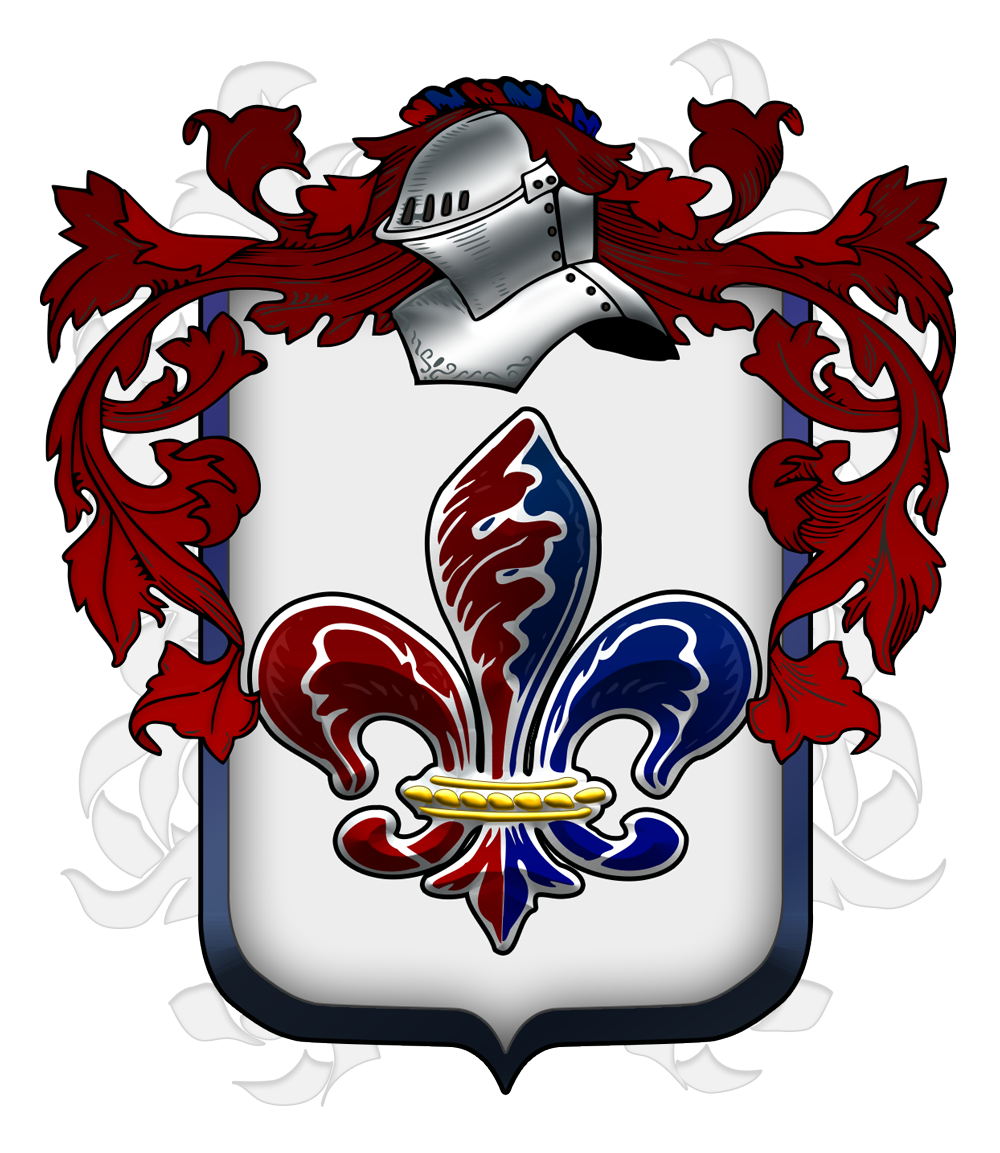Henry was born and brought up in Walton, Liverpool. After apprenticing at sea with Messrs James Chambers & Co, Henry learned quickly and rose through the ranks to become a junior officer with the White Star Line in July 1897.
After time served as Chief Officer on RMS Olympic under Captain Edward John Smith, future captain of the Titanic, it appeared he was due to take up command of a ship of his own. Instead, he received orders at the last minute to join Smith on the Titanic on her maiden voyage.
Though the Titanic was virtually identical to her sister ship, the Olympic, Wilde wrote while on board to his sister: “I still don’t like this ship – I have a queer feeling about it…”
He was off duty when the ship struck the fateful iceberg at 11:40pm on 14 April 1912, so his recorded movements in the early stages of the disaster are not entirely clear. What is certain is that he was instructed to oversee the loading and lowering of the even-numbered lifeboats in the port-side of the ship. Amid the panic and confusion, an eyewitness and fellow officer stated, Wilde had been first to suggest they should arm themselves with standard-issue revolvers to act as a deterrent against those who sought to save themselves at the expense of others. These were needed later when he had completed his work on the port-side and then turned his attention to loading collapsible D on the starboard-side. Crowds of distressed passengers threatened to interfere with the rescue attempts and Wilde ordered a ring of men to surround the boat so that it could be loaded safely.
Some reports say that the final sighting of him was of him smoking a cigarette, waving farewell to a fellow officer while making no attempt to save himself. The reasoning behind this was said to be that, in late 1910, he had lost his wife and twin sons, possibly to scarlet fever; and had been heard to state that since his wife had died, he no longer cared ‘how he went or how soon he joined her’. However, many have since discounted this theory as unlikely.
It’s believed instead that he was last seen trying to free collapsibles A and B from the roof of the officers’ quarters and later died of hypothermia in the icy waters.
His body, if recovered, was never identified. However, he is remembered on the family grave in Kirkdale Cemetery, marked by an obelisk and gravestone. The inscription simply reads “Also Captain [sic] Henry T. Wilde, RNR Acting Chief Officer Who Met His Death in the SS Titanic Disaster 15th April 1912 aged 38 years. ‘One of Britain’s Heroes’”.
Louise McTigue is a freelance writer and researcher, writing on behalf of Sarsfield Memorials.




